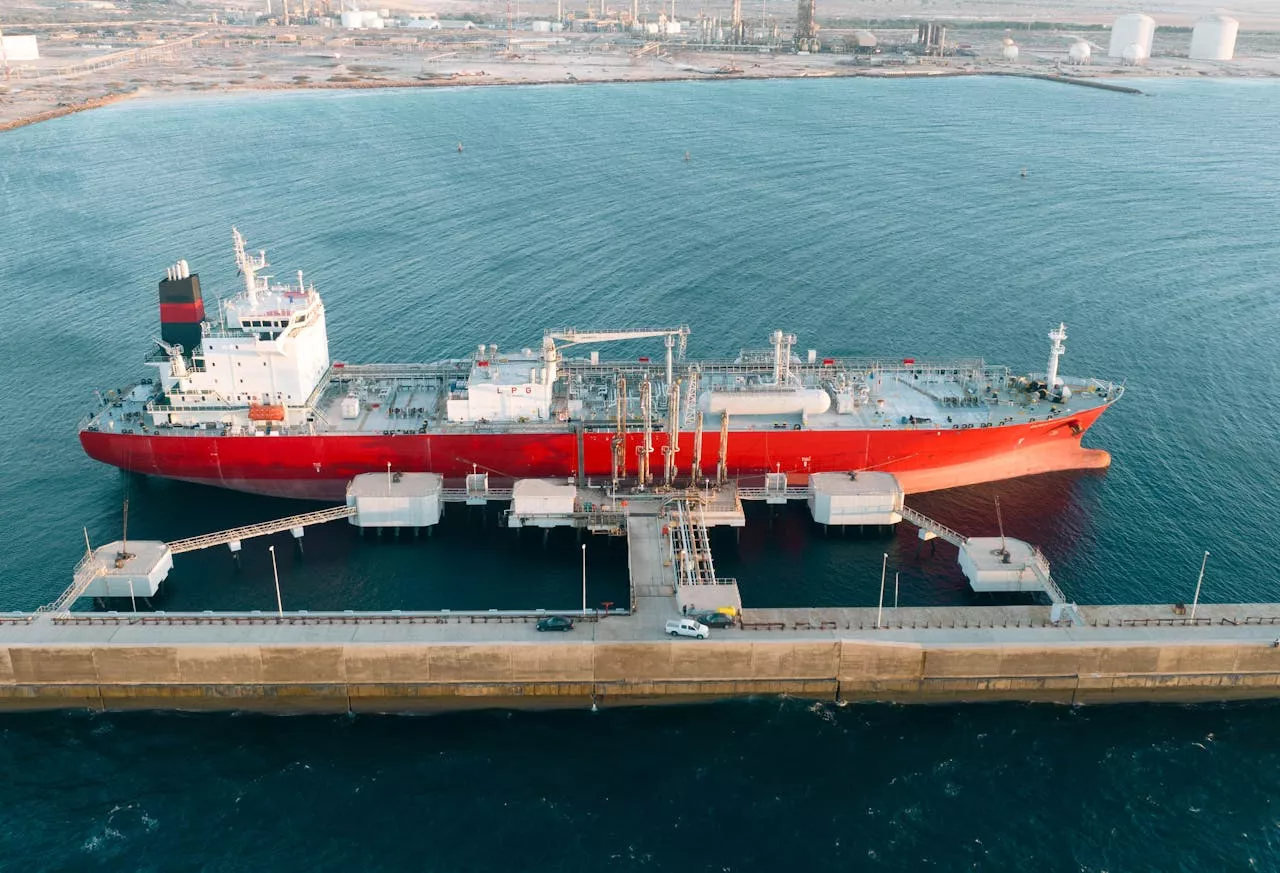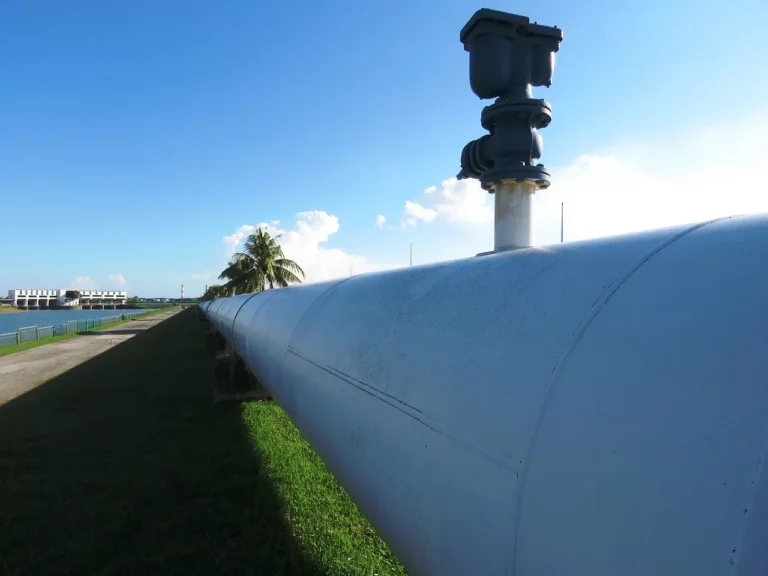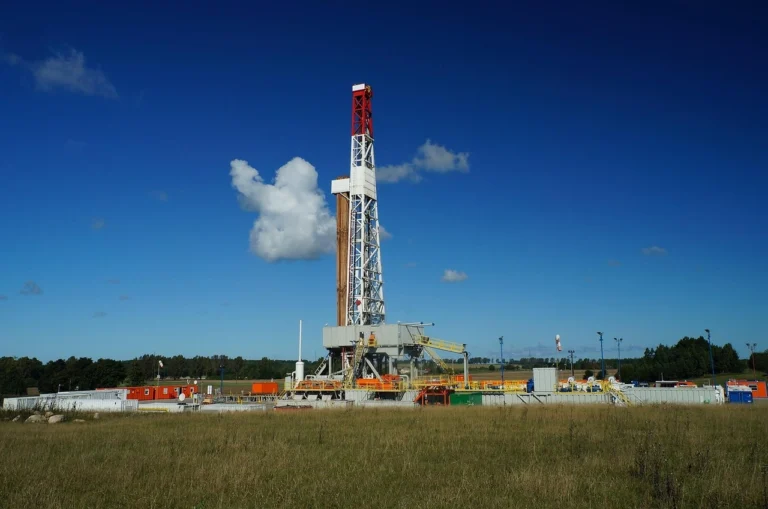
France: TotalEnergies to Demobilize Its Floating LNG Terminal in Le Havre as Europe’s Gas Market Stabilizes
Europe confronted one of the most significant energy crises in its modern history. The sudden and steep decline in Russian gas imports—once the continent’s primary source of natural gas—sent shockwaves through European energy markets. Countries across the region scrambled to secure alternative supplies to prevent shortages, stabilize prices, and prepare for the possibility of particularly harsh winter conditions. France, heavily dependent on gas for industry, electricity generation, and heating, faced mounting pressure to secure new sources of supply to protect both national and regional energy security.
It was within this climate of urgency that TotalEnergies (Paris: TTE) stepped in to reinforce France’s gas supply infrastructure. Acting at the request of French authorities and bearing the full financial responsibility itself—without any form of public subsidy—the company deployed a floating storage and regasification unit (FSRU) in the port of Le Havre. The installation of an FSRU, which serves as a floating LNG import terminal, was designed as a rapid-response solution capable of receiving liquefied natural gas from global suppliers, storing it on board, and regasifying it for injection into the national pipeline network.
This decision was not merely an operational measure; it represented a vital strategic safeguard. At a time when natural gas markets were highly volatile, and uncertainty dominated energy supply forecasts, the Le Havre terminal provided France with additional import capacity precisely when it was most needed. The facility served as a “safety net” for the French gas system, ensuring that the country could withstand demand spikes triggered by cold winter temperatures, industrial needs, or geopolitical tensions affecting global LNG flows. The terminal’s availability also meant that France could play a stabilizing role in the broader European gas market.
TotalEnergies’ deployment of the FSRU demonstrated its readiness to support national energy sovereignty during an unprecedented crisis. As a key energy player with extensive LNG capabilities, the company acted decisively to bolster resilience at a time when traditional supply lines were disrupted. France, like much of Europe, relied on this additional flexibility to navigate the most turbulent phases of the crisis.
However, the energy landscape in Europe has evolved significantly since the height of the crisis. Structural adjustments in gas imports, increased LNG availability, reduced consumption driven by efficiency measures, and the expansion of renewable energy sources have all contributed to a more stable supply environment. In France specifically, gas storage levels remain high, import infrastructure is considered adequate, and demand has normalized to pre-crisis levels.
Reflecting these improved conditions, TotalEnergies has noted that the floating LNG terminal in Le Havre has seen little to no use in recent months. This underutilization has also been acknowledged at the institutional level. The Rouen Administrative Court, in a ruling issued on October 16, 2025, cited the lack of operational necessity for the terminal under current market and supply circumstances. The court’s observation reinforced the company’s view that the facility had fulfilled its emergency role and was no longer required for the stability or security of France’s gas network.
In light of these developments, TotalEnergies has announced its decision to demobilize the LNG FSRU from Le Havre. The move marks a clear transition from crisis management to long-term energy planning, symbolizing the normalization of Europe’s gas markets. The withdrawal of the terminal also reflects an evolving strategic outlook in which France prioritizes diversified, sustainable, and lower-emission energy sources over emergency infrastructure.
Although the Le Havre FSRU is being demobilized, TotalEnergies continues to position itself as a global leader in the LNG sector. The company is currently the world’s third-largest LNG player, with an expansive international portfolio totaling around 40 million tonnes per year as of 2024. Its assets include stakes in liquefaction plants across multiple geographical regions, enabling it to source gas from a broad range of suppliers and optimize global supply routes.
A key advantage for TotalEnergies is its integrated presence across the entire LNG value chain. The company is active in upstream production, LNG transportation, trading, and regasification. In Europe alone, it has access to over 20 million tonnes per year of regasification capacity, providing significant flexibility in directing volumes to markets where they are needed most. TotalEnergies has also become an important player in LNG bunkering, supporting maritime decarbonization by offering cleaner fuel options for ships.
Looking ahead, TotalEnergies has outlined an ambitious strategic roadmap for the coming decade. The company aims to increase the share of natural gas in its sales mix to nearly 50% by 2030. This goal is aligned with global efforts to reduce carbon emissions, as natural gas is typically considered a lower-carbon alternative to coal, particularly in power generation and high-heat industrial processes. TotalEnergies has also committed to eliminating methane emissions across its gas value chain, recognizing methane’s high impact as a greenhouse gas.
Furthermore, the company plans to collaborate closely with local and international partners to support the global transition from coal to natural gas, positioning LNG as a bridge fuel in the broader energy transition. This effort is expected to play a key role in both reducing emissions and expanding access to reliable energy supplies in growing economies.
The demobilization of the Le Havre FSRU therefore does not signal a retreat from LNG, but rather an evolution in TotalEnergies’ strategy as Europe moves into a post-crisis phase. The company’s global infrastructure, operational expertise, and long-term commitments ensure that it remains a central player in the world’s LNG markets. For France, the removal of the terminal marks the end of a temporary but crucial chapter in its energy security planning—one that helped the country navigate a period of exceptional uncertainty while reinforcing the importance of resilience and diversification in its energy systems.
Source Link: https://www.businesswire.com/







